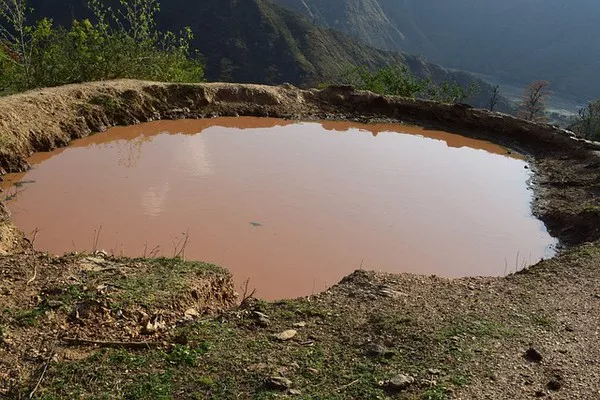The unmistakable and unpleasant odor of sewer gas in a basement can be both disconcerting and potentially hazardous. Homeowners who encounter this issue are often left wondering about the root causes and, more importantly, how to eliminate the problem. In this article, we will explore the various factors that contribute to the sewer gas smell in basements and offer practical solutions to address these issues.
Dry Traps:
One of the most common culprits behind sewer gas smells in basements is dry plumbing traps. Plumbing fixtures such as sinks, toilets, and floor drains are equipped with traps – curved sections of pipe designed to hold a small amount of water. This water acts as a barrier, preventing sewer gases from entering the living space. If a particular fixture is not used frequently, the water in the trap can evaporate, allowing sewer gases to permeate the air. Regularly using all plumbing fixtures in the basement helps maintain the water barrier in traps.
Faulty Ventilation:
Proper ventilation is crucial in preventing sewer gas buildup. Plumbing systems are equipped with vent pipes that extend from various fixtures to the roof, allowing sewer gases to escape outside. If these vent pipes become blocked or damaged, the gases may find their way back into the home, leading to unpleasant odors. Inspecting and clearing vent pipes regularly is essential to ensure the efficient release of sewer gases.
Leaking or Damaged Sewer Lines:
A more serious and potentially costly issue that can result in sewer gas odors is a leaking or damaged sewer line. Cracks, fractures, or separations in the sewer line can allow gases to escape and infiltrate the basement. Identifying and repairing these issues promptly is crucial to prevent further damage to the property and to eliminate the offensive smell.
Blocked Drains:
Blocked or clogged drains can also contribute to the buildup of sewer gas in the basement. Over time, debris, hair, and other substances can accumulate in drains, obstructing the flow of water and allowing gases to escape. Regularly cleaning and maintaining drains with appropriate cleaning solutions can help prevent blockages and the associated odors.
Faulty or Inadequate P-Trap Installation:
P-traps are essential components of plumbing fixtures, forming a water seal that prevents sewer gases from entering the home. If P-traps are incorrectly installed or missing altogether, they can compromise the integrity of the plumbing system, leading to the escape of sewer gases. Ensuring that all fixtures have properly installed and functioning P-traps is crucial in preventing unpleasant odors.
Sewer Line Venting Issues:
Issues with the sewer line venting system can also contribute to sewer gas smells in the basement. Vent pipes are designed to equalize pressure in the plumbing system and allow gases to escape. If these vents are not functioning correctly, pressure imbalances can occur, leading to the release of sewer gases. Regular inspection and maintenance of the venting system can help prevent such issues.
Biofilm Accumulation:
Biofilm, a thin layer of microorganisms that can develop on the interior surfaces of pipes, can contribute to sewer gas odors. This buildup can occur over time and create an environment where bacteria thrive, producing foul-smelling gases. Regular cleaning and maintenance of plumbing lines can help prevent the formation of biofilm and mitigate the associated odors.
See Also Why Wastewater Treatment Is Necessary
Conclusion:
Addressing sewer gas smells in the basement requires a systematic approach to identify and eliminate the root causes. Homeowners should be proactive in maintaining their plumbing systems, ensuring proper ventilation, and promptly addressing any leaks or damages. Regular inspections and preventive measures can go a long way in preventing the recurrence of sewer gas odors and maintaining a healthy and odor-free home environment. If the issue persists or if homeowners are unsure about the cause, consulting with a professional plumber is recommended to identify and resolve the problem effectively.

